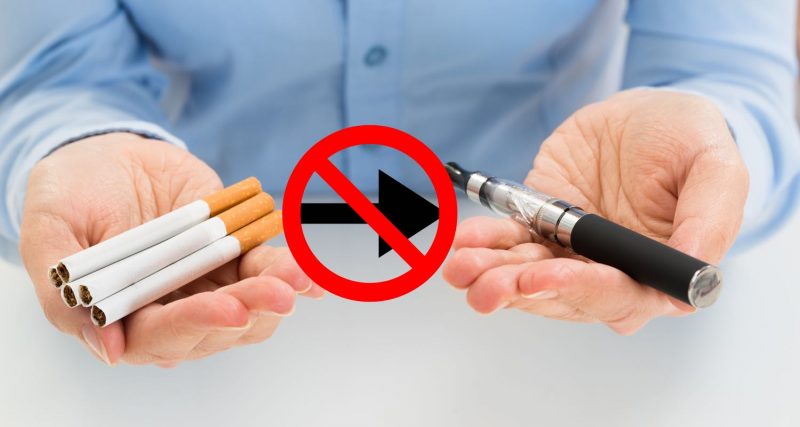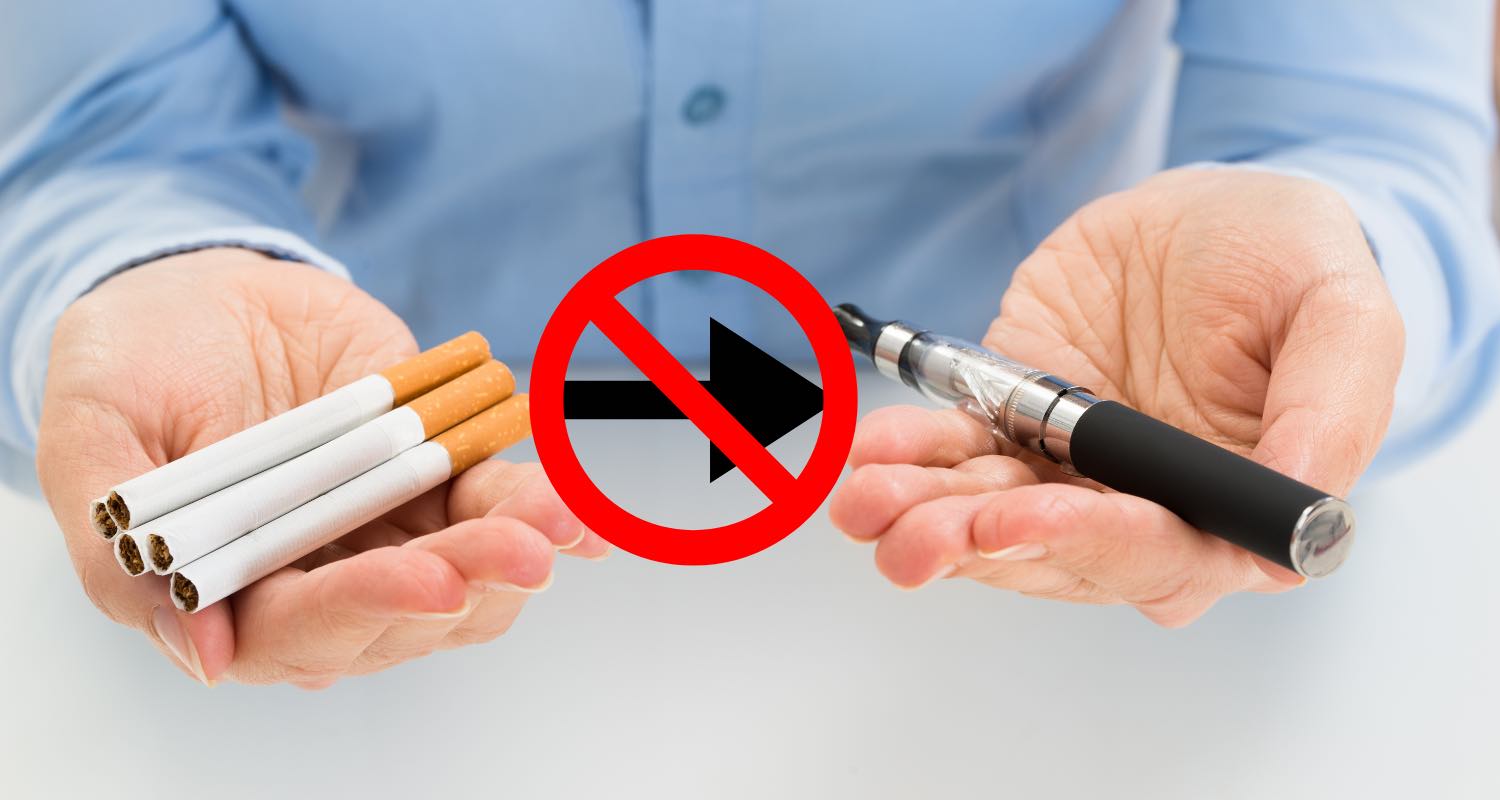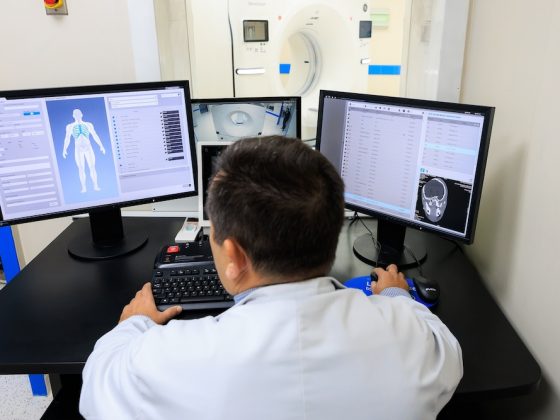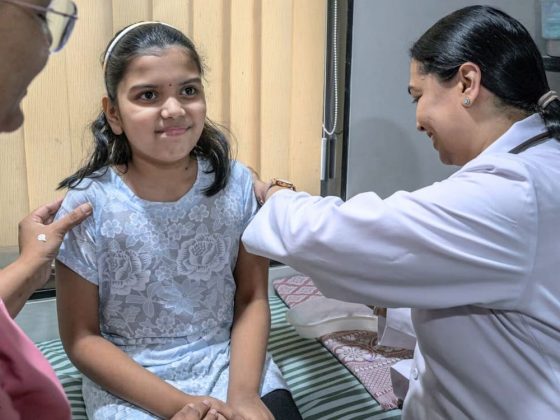Former cigarette smokers who use electronic cigarettes may be at higher risk of lung cancer than those who do not use these devices. The study abstract 3051, presented in a session at the American Thoracic Society 2024 International meeting, held in San Diego, California, May 17–22, found that ex-smokers who had quit for less than five years using electronic cigarettes (e-cigarettes) were 23% more likely to develop lung cancer and over 71% more likely to die from lung cancer than those not using e-cigarettes.
“Our results indicate that when integrating smoking cessation interventions to reduce lung cancer risk, the potential harms of using e-cigarettes as an alternative to smoking must be considered,” says Yeon Wook Kim, the presenter from Seoul National University Bundang Hospital, Republic of Korea. The study, he adds, is the first large population-based study to demonstrate the increased risk of lung cancer in e-cigarette users following smoking cessation.
E-cigarettes, also known as vaping devices, have been marketed as less harmful alternatives to cigarette smoking. Such devices work by heating a liquid to create aerosols that are inhaled by the user. While e-cigarettes do not contain tobacco, and may or may not contain nicotine, they have been shown to contain carbonyl compounds (e.g. formaldehyde, acetaldehyde, acrolein and diacetyl) and toxic metals (e.g. chromium, nickel, and lead), which are known to be carcinogenic. Questions have remained about the effect on risk of lung cancer of switching to e-cigarettes following conventional smoking cessation.
For the current study, Kim and colleagues evaluated 4,329,288 individuals with a conventional smoking history who had participated in the Korean National Health Screening Programme between 2012 and 2014, and during 2018. Participants were categorised into six groups according to smoking history and habit change to e-cigarettes as follows: ex-smokers ≥5 years since quitting without e-cigarette use; ex-smokers ≥5 years since quitting with e-cigarette use; ex-smokers <5 years since quitting without e-cigarette use; ex-smokers <5 years since quitting with e-cigarette use; and current smokers with and without e-cigarette use. The risk of lung cancer and lung-cancer-specific death were assessed using Cox-proportional hazards models.
During follow-up until December 2021, 53,534 subjects developed lung cancer, and 6,351 subjects died from lung cancer.
Results show that, among ex-smokers who had quit five or more years prior to the study, those who had gone on to use e-cigarettes were more likely to die from lung cancer (adjusted HR=2.69, 95%CI 1.12–6.46) than those who had not.
Furthermore, among ex-smokers who had quit less than five years prior to the study, those who had gone on to use e-cigarettes were more likely to develop lung cancer (adjusted HR=1.23, 95%CI 1.09–1.39), and to die from lung cancer (adjusted HR=1.71, 95%CI 1.10–2.66) than those who had not.
“This data shows that, even in people who have a relatively long-term smoking cessation duration, in which you can presume the effects of smoking would be diluted, vaping can still cause elevated risk compared with complete smoking cessation,” says Kim.
For risk of lung cancer, there was no difference between current smokers using e-cigarettes and those not using e-cigarettes (adjusted HR=1.50 for both).
The team also undertook a stratified analysis of individuals aged 50 to 80 years who had a smoking history of 20 or more pack-years, of interest since this is the group who would be referred for lung cancer screening according to the 2021 US Preventive Services Task Force and the 2023 American Cancer Society guidelines.
Ex-smokers in this group who had quit smoking five years or more prior to the study and had gone on to use e-cigarettes showed a higher risk of lung cancer (adjusted HR=1.65) and of lung-cancer-specific death (adjusted HR=4.46) than those who had not taken up using e-cigarettes. Similarly, ex-smokers who quit smoking less than five years earlier, and who used e-cigarettes, were found to have a higher risk of lung cancer (adjusted HR=1.26, 95%CI 1.03–1.54).
“This study gives us a message that, although probably safer than continuing smoking, vaping may not be completely safe in terms of lung cancer risk when switched from conventional cigarette smoking. Although quitting conventional smoking should be the primary goal, getting free from alternative vaping would be even better,” Kim tells Cancerworld.
Kim and colleagues are currently working on studies evaluating the lung cancer risk of e-cigarettes versus continuous smoking and are also evaluating different types of alternative smoking devices, such as heated tobacco products.












